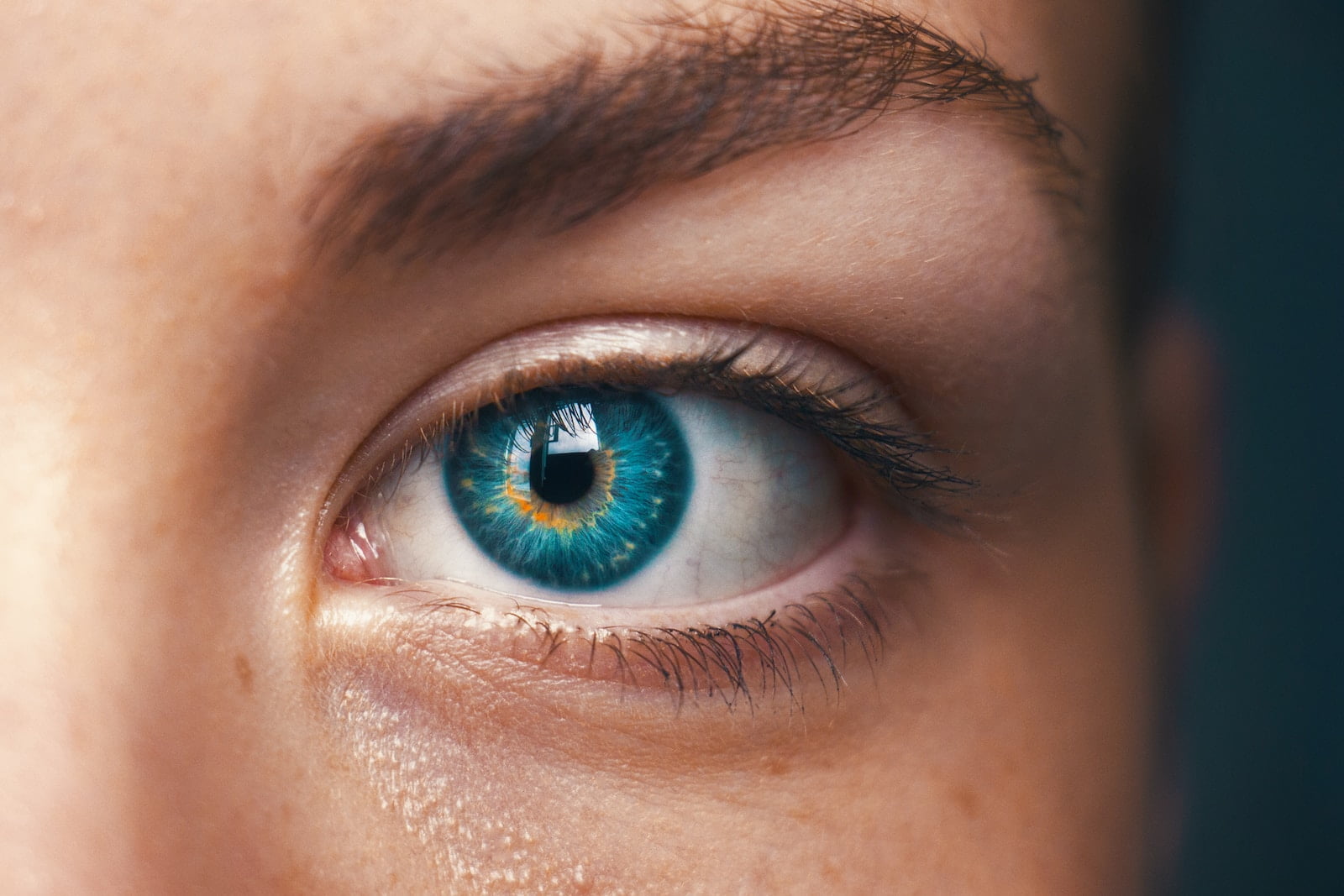Eye floaters are mysterious specks that dance around your field of vision, creating a seemingly ghostly presence that can be both fascinating and annoying. These curious spots or lines seem to dart away just when you try to focus on them, creating a whimsical game of visual chase. But what exactly are these elusive shapes that drift through your vision? Let’s unveil the mystery behind eye floaters.
What Are They Exactly?
Eye floaters are tiny pieces of debris that float in the eye’s vitreous, the clear, jelly-like substance that fills the eyeball. These floaters can appear as specks, strands, or cobweb-like shapes that drift around when you move your eyes. They seem to be most noticeable when you’re looking at something bright and plain, like a blue sky or a white wall.
What Causes Eye Floaters?
Eye floaters are commonly caused due to age-related changes in the vitreous. As we age, the vitreous slowly shrinks and forms clumps or strands. These are what we perceive as floaters. They can also be caused due to inflammation in the back of the eye, bleeding in the eye, torn retina, and even as a result of certain eye surgeries.
Natural Treatments for Eye Floaters
Before diving into natural treatments, it’s essential to consider visiting an eye specialist if floaters become bothersome, multiply, or are accompanied by flashes of light or peripheral vision loss, as these could be signs of severe conditions like a retinal tear or detachment.
However, for those who find their eye floaters mildly irritating and not a serious issue, there are several natural ways to manage them. Here’s a closer look at some natural remedies and lifestyle adjustments that might help in managing eye floaters:
1. Nutrition: Enhancing Your Diet
Antioxidants and Vitamins
Consuming foods rich in antioxidants, and vitamins like C and E, can be beneficial. Antioxidants can prevent damage caused by oxidative stress. Citrus fruits, berries, nuts, and seeds are excellent sources of these essential nutrients.
Omega-3 Fatty Acids
Omega-3 fatty acids found in fish oil may improve overall eye health. Including fish like salmon or supplements in your diet could be helpful.
2. Hydration: Keeping the Eyes Moist
Keeping the body well-hydrated is crucial for overall health, including that of the eyes. Ensure you drink enough water daily to maintain the eyes’ hydration levels and improve the vitreous body’s health.
3. Eye Exercises and Relaxation Techniques
Performing exercises like focusing on a nearby object and then on a distant one repeatedly could be beneficial. Relaxation techniques, such as closing the eyes and deep breathing, can also be helpful.
4. Avoiding Eye Strain
Taking regular breaks, especially when working on computers or engaging in activities that cause eye strain, can be quite effective. Following the 20-20-20 rule, which involves taking a 20-second break to view something 20 feet away every 20 minutes, can be beneficial.
5. Reducing Caffeine Intake
Limiting caffeine consumption may prevent the increase of eye floaters. Caffeine can lead to eye dryness and increased pressure within the eye, potentially exacerbating floaters.
6. Massage and Acupressure
Gentle massage around the eyes can improve blood circulation. Acupressure techniques can also be explored to help in reducing the appearance of eye floaters.
Conclusion: Approach with Caution
It’s always best to approach the treatment of eye floaters with caution. While natural remedies can offer relief, they are not a substitute for professional medical advice and treatment. Persistent or worsening symptoms should always be discussed with an eye care specialist to prevent any severe complications and ensure the health and well-being of your eyes.
























